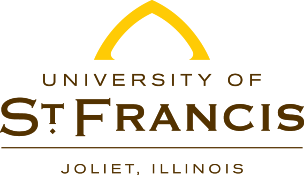Joliet, Ill. – The Princeton Review, a national ranking agency that provides admissions resources for college and graduate school-bound students, recently recognized two online programs offered at the University of St. Francis (USF). USF’s online Doctor of Education (Ed.D.) in Educational Leadership and its online Master of Science in Nursing (MSN) programs were included in The Princeton Review’s Best Online Doctor of Education Programs and Best Master of Science in Nursing Programs lists, respectively.
“It’s one thing when a school tells everyone how wonderful they are, but it’s something else when professional groups and publishers across the country speak out. USF faculty and instructors provide our students with nationally-recognized education and experiences every day, so this type of acknowledgement of their efforts and the university’s programs is both invaluable and validating,” said Eric Wignall, USF vice president of admissions.
Online Doctor of Education (Ed.D.) in Educational Leadership Program
The online Doctor of Education (Ed.D.) in Educational Leadership program at USF brings together practitioner-scholars to support doctoral candidates in learning and scholarship. The program is a combination of research, experiential learning, and shared knowledge about the key skills needed to lead, inspire, and educate. The program degree is designed for master’s prepared professionals from every career path.
“Our online programs are designed to provide students from all over the country exemplary learning experiences that equip them with the knowledge and skills necessary to advance their careers and contribute to the world in a meaningful way. The courses challenge and support the students in the learning process and offer them an opportunity to interact with other professionals and exceptional faculty members. To have our online doctoral program recognized in this manner is an indication and a validation that we are realizing our mission to develop high quality leaders who can have a significant positive impact on their communities,” said John Gambro, Ed.D., dean of the USF College of Education.
Two program concentrations include Superintendent Endorsement and Leadership, Learning, and Stewardship. Visit stfrancis.edu/educational-leadership-edd for program information. Visit princetonreview.com and search the keywords “online Doctor of Education” to view The Princeton Review’s Best Online Doctor of Education Programs listing.
Online Master of Science in Nursing (MSN) Program
Advanced practice nurses are often called on to assume leadership roles in the profession and in health care delivery. Graduates of the USF MSN program will incorporate their education and research into a practice that is reflective of the dynamic needs of a diverse population.
“Our Master of Science in Nursing programs offer knowledge, skills, and resources to enhance careers available to members of our community across Illinois and the Midwest by using online learning platforms. The competencies developed in our programs are evident by the care that is given back to the community by our graduates. However, we do not prepare our students just for a career. Our MSN students enhance their passion to actualize the core values of serving others as advanced practice nurses. Besides being well-trained, skilled, and confident in their areas as advanced nurse practitioners, they are compassion-rooted providers at all times, most especially during the most vulnerable times,” said USF Leach College of Nursing dean Yeijin Yeom, Ph.D., RN, CNE.
Program options include Family Nurse Practitioner, Nursing Administration, Nursing Education, Psychiatric/Mental Health Nurse Practitioner and R.N.-B.S.-MSN. Visit stfrancis.edu/msn for more information. Visit princetonreview.com and search the keywords “online Master of Science in Nursing” to view The Princeton Review’s Best Master of Science in Nursing Programs listing.
: :
The University of St. Francis, in Joliet, Ill., serves close to 4,000 students nationwide and offers undergraduate, graduate, doctoral and certificate programs in the arts and sciences, business, education, nursing and social work. There are over 52,000 USF alumni across the globe. For information, call 800-735-7500 or visit stfrancis.edu.
University of St. Francis: Bigger thinking. Brighter purpose.
# # #
Facebook
Twitter
LinkedIn


